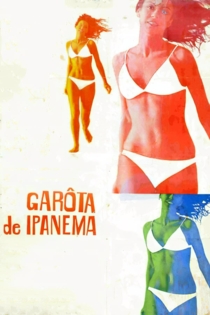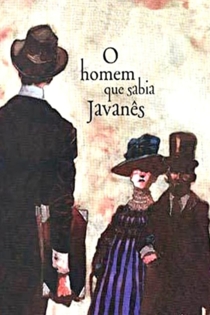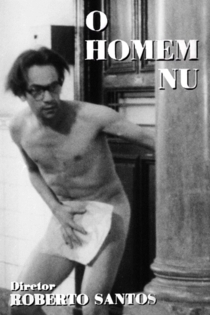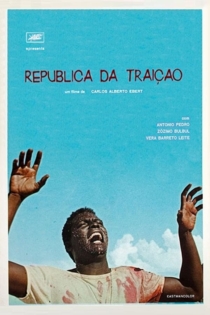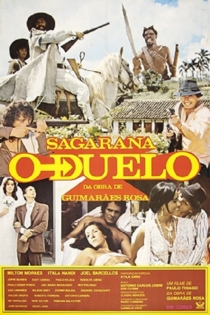
Zózimo Bulbul
1937 - 2013Compasso de Espera
Antunes Filho
Zózimo Bulbul, Renée de Vielmond
Jorge de Oliveira is an Afro-Brazilian poet who works in a publicity agency in São Paulo. Torn between his rich white lovers and his black family and friends, Jorge's situation serves as a springboard to a discussion about racial issues in Brazil.
Compasso de Espera
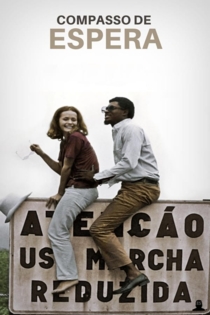
Brasil Verdade
Paulo Gil Soares, Geraldo Sarno
Pelé, Vicente Feola
In the late 1960s, Thomas Farkas imported equipment suitable for direct sound, and released a collection of documentaries called "Brasil Verdade" ("True Brazil"), after the Military Coup d'État took place in Brazil, which happened without any popular resistance or revolution or reaction of the society. The five short films are directly related to this fact and its consequences to the country.
True Brazil
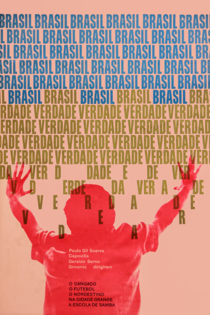
Abolição
Zózimo Bulbul
Camila Amado, Benedita da Silva
In 1988, the centenary of abolition of slavery in Brazil, Zózimo Bulbul made this powerful historical analysis of racial issues in his country. This documentary provides an in-depth look through extensive archival researching and interviews of key figures who were involved in preserving black culture. Aside from historical testimony, this epic documentary also points to the current relevance of facing the racism that still confronts the black population in Brazil.
Abolição
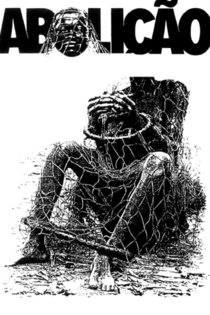
Improvisiert und zielbewusst: Cinema Novo
Joaquim Pedro de Andrade
Glauber Rocha, Arnaldo Jabor
Originally produced for German TV, Improvised and Purposeful is a firsthand look at the "Cinema Novo" movement (otherwise known as the 'Brazilian New Wave'). Director Joaquim Pedro de Andrade focuses on six Cinema Novo filmmakers working in Rio in 1967.
Improvised and Purposeful: Cinema Novo
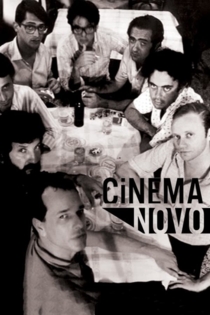
Proezas de Satanás na Vila de Leva-e-Traz
Paulo Gil Soares
Zózimo Bulbul, Emmanuel Cavalcanti
In the village of Leva-e-Traz, the discovery of a oil field is responsible for a mass evasion of the townspeople. Left are the old and incapable for the extraction job. When the local priest announces he, too, is leaving the town, Satan emerge thrilled with the chance of overtaking the place.
Proezas de Satanás na Vila de Leva-e-Traz
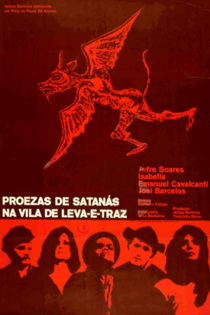
Entranced Earth
Glauber Rocha
Jardel Filho, Paulo Autran
Eldorado, a fictitious country in America, is sparkling with the internal struggle for political power. In the eye of this social convulsion, the jaded journalist Paulo Martins opposes two equally corrupt political candidates: a pseudopopulist and a conservative. In this context, Paulo is torn between the madness of the elite and the blind submission of the masses. But, in this complex tropical reality, nothing really is what it seems to be.
Entranced Earth
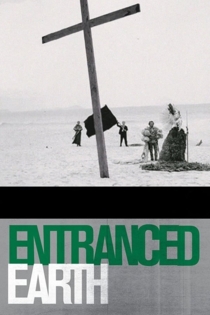
Natal da Portela
Paulo Cézar Saraceni
Milton Gonçalves, Almir Guineto
Biography of one of the legendary names in the Samba genre of Brazilian music. Although he could hardly dance or play an instrument, he became one of the main composers of Portela, an important Samba "school" in Rio de Janeiro.
Natal da Portela
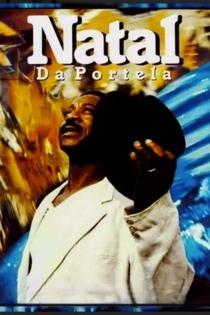
Alma no Olho
Zózimo Bulbul
Zózimo Bulbul
Inspired by Black Panther Eldridge Cleaver’s book Soul on Ice and dedicated to John Coltrane, Soul in the Eye marks the beginning of Black Brazilian films. The film is a metaphor for the legacy of culture and survival bestowed by enslaved Africans brought to the American continent and the search for freedom through inner transformation, in a game inspired by concretism.
Soul in the Eye

El Justicero
Nelson Pereira dos Santos
Arduíno Colassanti, Adriana Prieto
A shockingly irreverent follow-up to the rural austerity of Barren Lives, dos Santos’ Godardian social satire owes more than a nod to the self-conscious antics of the French New Wave. The pampered son of a general, El Justicero is a hipster playboy who fancies himself a James Bond/Jean Paul Sartre urban hero. “Archetypical” yet “full of contradictions,” he sees that justice is achieved for the disadvantaged while taking advantage of certain bourgeois perks. His exploits are closely followed and eventually directed by his biographer who decides a film is not only more lucrative than a book, but it gives him the luxury of reviewing previous scenes. Unlike Bond, El Jus eventually experiences an awakening which threatens to compromise the entertainment value and glamour of his life story. - Harvard Film Archive
El Justicero
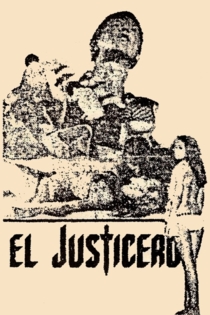
Jardim de Guerra
Neville D'Almeida
Joel Barcellos, Maria do Rosário
Edson is having an affair with a left-wing aspiring movie director during Brazil's military dictatorship years. He tries to get some easy money for her film, but ends up being arrested and tortured as his torturers suspect he's involved in a plot to overthrow the military government.
Garden of War

Garôta de Ipanema
Leon Hirszman
Márcia Rodrigues, Arduíno Colassanti
Chronicles the life of a 17 year-old girl living in the upper-class Rio de Janeiro neighbourhood of Ipanema. Márcia lives a life of parties and spend her days among bohemians, musicians and intellectuals. While seeming happy in the outside, she's extremely anguished inside. Based on the famous song by Antonio Carlos Jobim and Vinicius de Moraes.
The Girl from Ipanema
